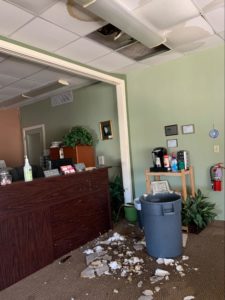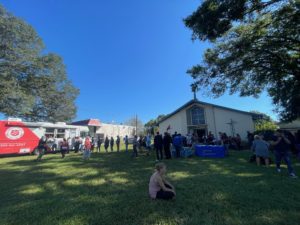For many residents in the south, and especially in Florida, Hurricane Ian has left a trail of devastation in its path. According to a late September report from The Washington Post, more than 700 rescues were being conducted after Ian ravaged the state. The death toll is still being counted as of this writing.
As is with any hurricane response, first responders have been working hard to assist those in need. The NAFC has joined in on the fight — helping communities in need with our many clinics nationwide. But before we dive into what the NAFC has done and what we need for recovery assistance, we need to understand the severity of Hurricane Ian and the damage it has caused.
Understanding Hurricane Ian’s Damage
With heavy winds and massive floods, homes were leveled, and infrastructure was destroyed in the wake of Hurricane Ian. Per CNN, over 100 people were killed by the Category 4 hurricane.
The hurricane’s category is ranked on the Saffir-Simpson Hurricane Wind Scale. According to the National Hurricane Center, Category 4 (out of 5) hurricanes can have sustained winds of 130-156mph. On Category 4 hurricanes, the NHC notes…
“Catastrophic damage will occur: Well-built framed homes can sustain severe damage with loss of most of the roof structure and/or some exterior walls. Most trees will be snapped or uprooted and power poles downed. Fallen trees and power poles will isolate residential areas. Power outages will last weeks to possibly months. Most of the area will be uninhabitable for weeks or months.”
CNN notes that, as a result of the hurricane, over 1,600 people were displaced and rescued, while nearly 500,000 homes were lost. Furthermore, many still lack clean tap water and are under boil-water advisories.
NAFC’s Commitment to Helping Hurricane Ian Survivors

With many lacking housing, access to clean water and food, and more, the NAFC is offering assistance to Hurricane Ian’s survivors. With a network of Free and Charitable Clinics across the nation and dedicated partners and donors, we strive to provide resources for those who may have lost everything in light of the catastrophic hurricane.
During any major disaster, the NAFC is there to help. In fact, we have been working closely with our clinics and especially our disaster relief partners since last week (week of 9/25/22) on Hurricane Ian. We track all information on clinic statuses and needs, as well as provide them with real-time information on resources and preparation/relief/recovery efforts.
A weeklong hurricane, Ian ravaged Florida and made its way to South Carolina. During periods of natural disaster, Free and Charitable Clinics are on the frontlines supporting countless hurricane victims in affected communities through access to the healthcare resources, medications, food and supplies they need to get back on their feet as the wind and rain die down. They do this all while often having to deal with damage to their own facilities and homes. Clinics are reporting flooding and damage to their facilities, loss of power, internet access, evacuated staff, loss of supplies, and more.

As storms develop and in the aftermath, the NAFC communicates with our clinics in affected states to help
coordinate any needed assistance with our many partners that are ready and able to help, including Americares, Direct Relief, Heart to Heart International and Project Hope.
What the NAFC Needs
As the NAFC works hard both with and for its Free and Charitable Clinics, we still are in need of support for these affected areas. We listen to communities and our members, and this is what many are requesting…
- Access to clean water sources
- New Generators
- Medication & Vaccines (especially refrigerated ones) – Many clinics lost their supplies, medications, and vaccines due to the storm and power outages
- Direct funding to support facility rebuilds and repairs (roofs, water damage, loss of furniture and supplies)
- Staffing Support
We will continue our work to support recovery efforts and to help clinics recoup supplies and expenses related to the hurricane, which will allow for the continuity of crucial life-saving care to those most vulnerable in their communities.
If you want to help – our disaster relief fund is open; you can make a donation by visiting https://nafcclinics.networkforgood.com/projects/150968-2022-nafc-donations and apply your donation to disaster relief.
